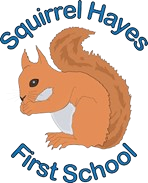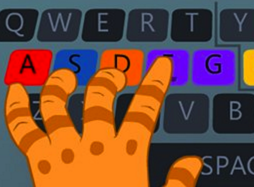Literacy
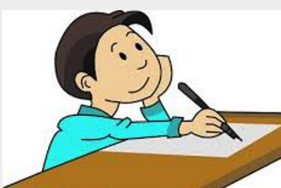
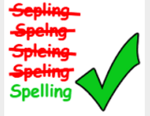
Whole school Literacy overview
At Squirrel Hayes First School we know that Literacy skills are vital for lifelong learning. We strive for learners to be confident and capable with Reading, Writing and Speaking and Listening.
We aim to develop the abilities of our learners within an integrated programme of Speaking and Listening, Reading and Writing. Learners are given opportunities to practice and apply the requirements of English within a broad and balanced approach to the teaching of English across the curriculum, with opportunities to consolidate and reinforce taught Literacy skills.
Learners benefit from daily phonics sessions in the early stages of reading, where children learn to think, talk and learn like a reader. As learners develop their reading skills beyond the phonics phase, they then transition into guided reading sessions. Using our engaging guided reading books, the learners enhance their skills and focus on information retrieval, inference and deduction, applied skills, evaluating and lexical focuses.
In addition, children also have general Literacy lessons where they use their reading skills; learn to become thoughtful, imaginative, purposeful writers and develop their Speaking and Listening skills. These skills then thread through into other areas of the curriculum. This provides excellent opportunities for reinforced and deeper application of Literacy skills.
We believe that consistency throughout the school, a personalised teaching pathway and working in partnership with Parents and Carers gives every learners the most effective opportunities to reach their potential.
Working in Partnership
Your child’s teachers and your child/ren are working very hard to ensure that every lesson counts, helping them to secure key skills and develop new ones. We greatly appreciate your support in helping your child.
Top Tips to help your child to stay on top
- Read at least three times a week
- Practise weekly spellings and praise their efforts
- Encourage high standards of presentation
- Be familiar with your child’s targets and encourage them to apply them
- Help them to develop a wide vocabulary through playing games, reading stories, talking about TV programmes, their day and the world around them.
- Take an interest in their class topic and creative home learning tasks
How well is my child progressing?
There are key expectations for the end of Year 2 and Year 4. All learners are somewhere on that journey.
We will report on your child’s progress each term so that you know which year group your child is working within (their learning progress not their class). At the start and end of each year we will inform you of your child’s reading age.
Where can I find out more?
- Your child’s Google classroom has many resources to help you to support them.
- Your class teacher can offer advice.
- Check the newsletters for any curriculum updates or details of any information evenings and workshops.
- Read the Literacy, Dyslexia Friendly, Teaching and Learning and Home learning policies for more detailed information.
Useful Websites:
|
For Support with teaching reading |
Whole text resources (not linked to our phonics scheme) |
Learn to type |
Key Stage One – Word Level Work
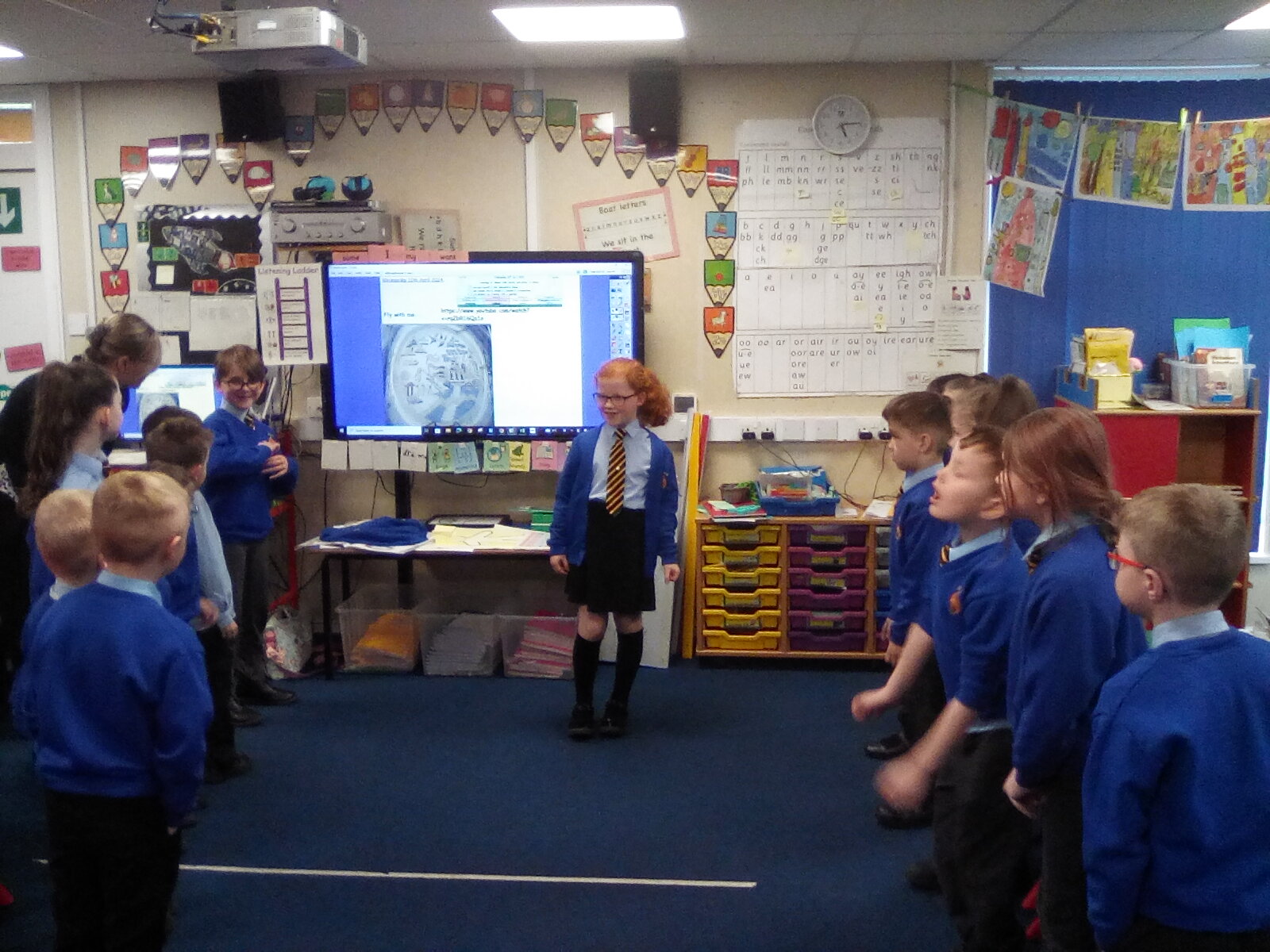
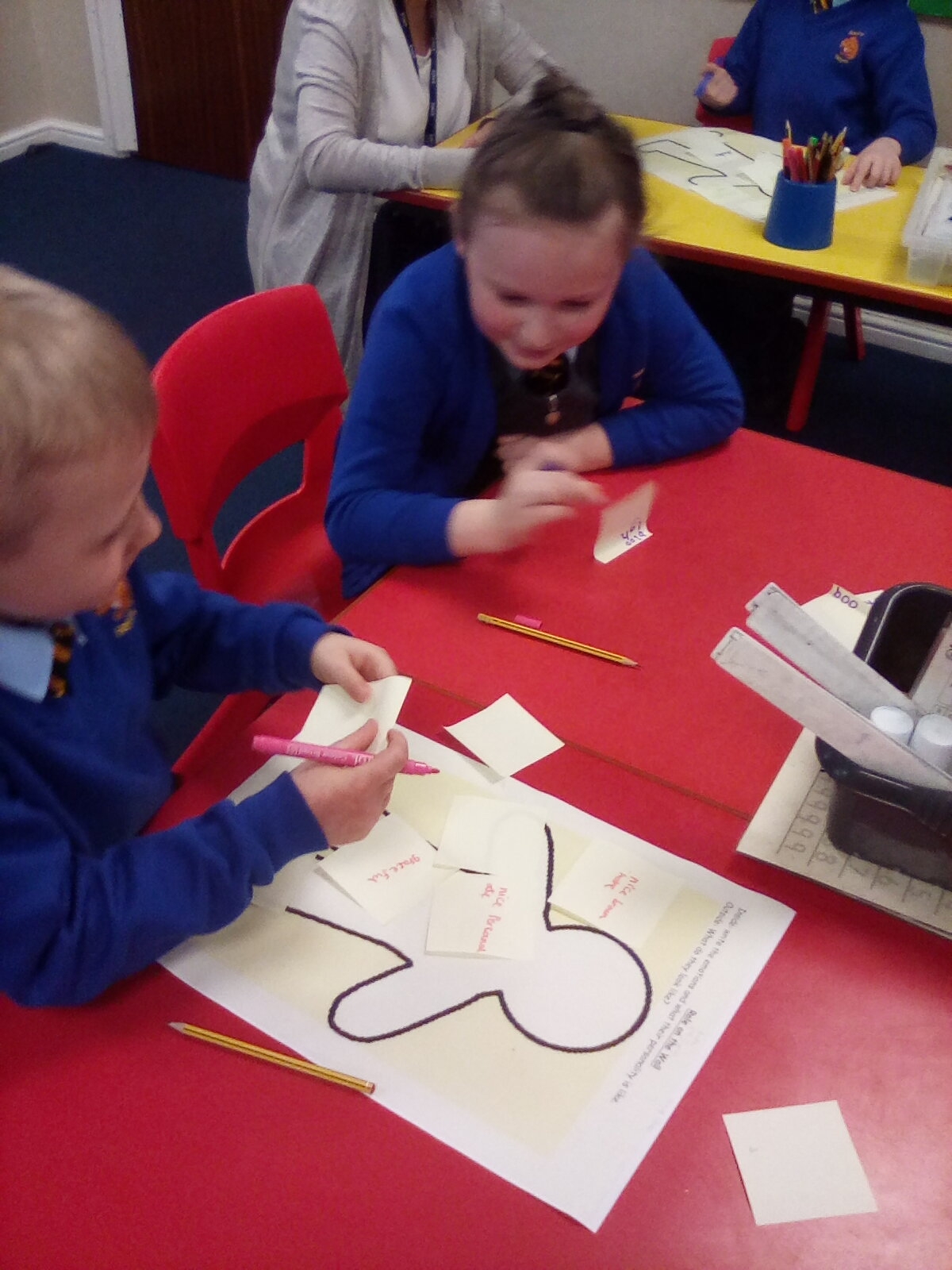
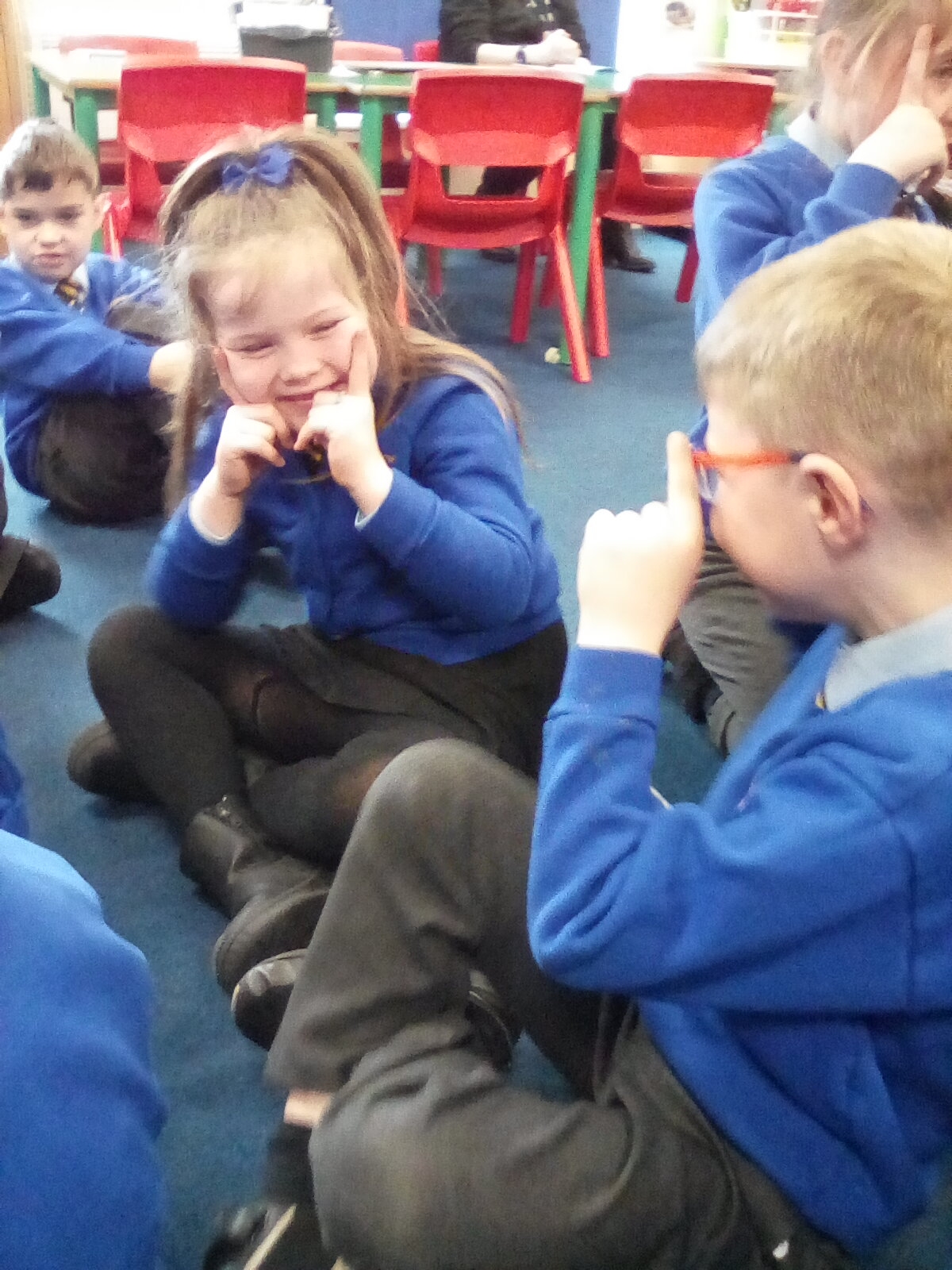
If you need to know more about this subject please don't hesitate to ask the subject lead Mrs Johnson-Allen.

